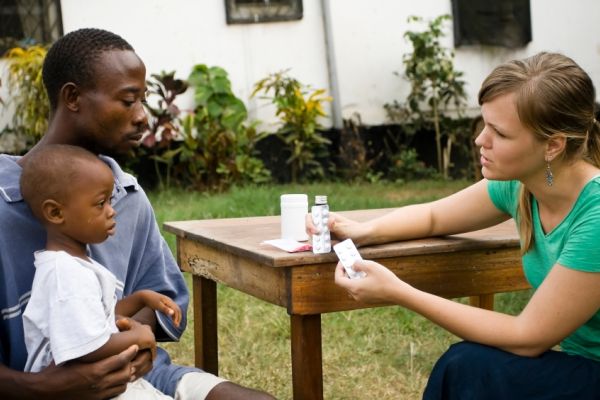The ethics of research related to healthcare in developing countries
Report
Published 24/04/2002

Developing countries urgently need research to help relieve the enormous burden of disease that they carry. It is vital that those in wealthy countries, both in the public and private sector, help fund this research. However, the inequalities that exist between developed and developing countries create significant risks of exploitation when externally sponsored research is carried out.
Following a number of international controversies, the Nuffield Council on Bioethics established a Working Party to consider the issues. A report, The ethics of research related to healthcare in developing countries, was published in 2002.
A follow-up discussion paper, based on a workshop held in Cape Town to discuss practical issues faced when implementing guidance, was published in 2005.
The need for research
- Each year £35-40 billion is spent on healthcare research worldwide
- Only 10 percent of this is devoted to the health problems of 90 percent of the world’s population
- Developing countries urgently need research to help prevent and treat diseases such as TB and malaria
- Many countries have limited funds and a lack of trained staff to conduct their own research
It is vital that the public and private sectors in developed countries should sponsor research to help bridge this gap.
See chapter 2 - Healthcare: the economic context for more information
Setting priorities
National resources for research are often lacking in developing countries and it is therefore particularly important for each country to ensure that research is appropriate and relevant for its health needs.
We conclude
All countries should set national priorities for healthcare research. If external sponsors propose research which falls outside the national priorities, the research should be justified to the appropriate research ethics committees.

Share